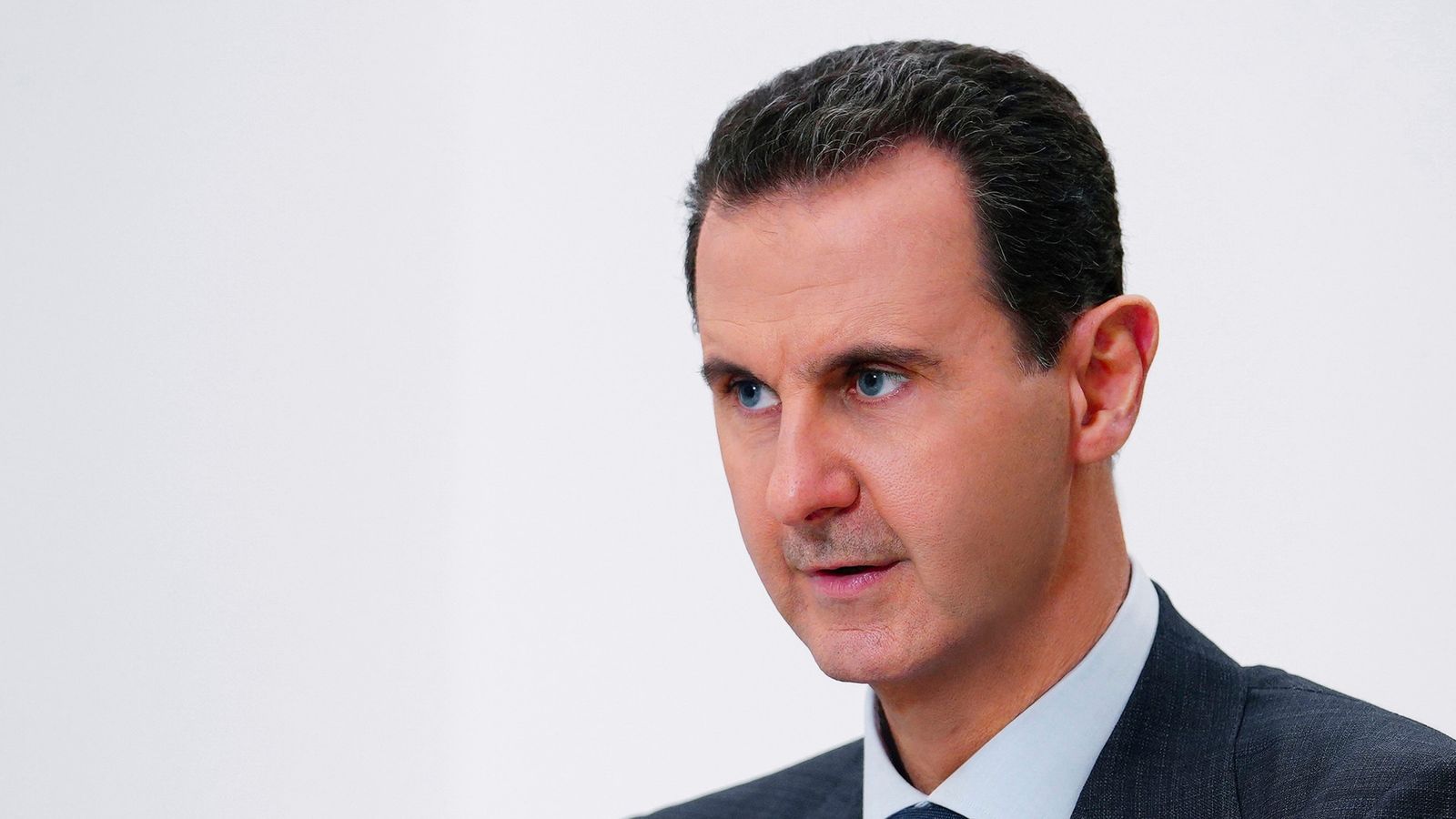France has issued an international arrest warrant for Syrian President Bashar al Assad over the alleged use of banned chemical weapons against civilians.
It is the first international arrest warrant issued for the Syrian head of state, whose forces responded to protests that began in 2011 with a brutal crackdown that UN experts have said amounts to war crimes.
Warrants were also issued for Mr Assad's brother, Maher al Assad, who commands the 4th Armoured Division, and two Syrian army generals, Ghassan Abbas and Bassam al Hassan.
While Mr Assad is unlikely to face trial in France, international warrants for a serving leader are exceptionally rare and send a strong message at a time when some countries have welcomed him back into the diplomatic fold.
A report by a former International Criminal Court judge recently said Mr Assad should not be invited to this year's COP28 climate talks because of the environmental destruction he and his regime have caused.
The arrest warrants, which refer to charges of complicity in crimes against humanity and in war crimes, follow a criminal investigation into chemical weapons attacks in the town of Douma and the district of Eastern Ghouta which killed more than 1,000 people in August 2013.
Syria denies using chemical weapons, but a previous joint inquiry of the United Nations and Organisation for the Prohibition of Chemical Weapons found the Syrian government used the nerve agent sarin in an April 2017 attack and has repeatedly used chlorine as a weapon.
The volume and detailed evidence in the Eastern Ghouta case convinced the judges there was "serious or corroborating evidence making it likely" that Mr Assad, his brother and the generals "took part in planning an execution of these attacks and bear individual criminal responsibility for the crimes," the NGOs behind the complaint said in a statement.
"The president is responsible for many crimes in Syria - but with this type of weapon in particular - sarin gas - it's impossible to jump over the gap [of his involvement]," Mazen Darwish, lawyer and founder of the Syrian Center for Media and Freedom of Expression (SCM), which filed the case in France, told Reuters.
Similar complaints have been submitted to authorities in Germany and Sweden.
Watchdogs allege Syrian forces continue to carry out chemical attacks
The Assad regime blamed the Douma and Eastern Ghouta attacks on opposition forces it said were trying to push for foreign military intervention.
The US threatened military retaliation in the aftermath of the attack, with then president Barack Obama saying Mr Assad's use of chemical weapons would be Washington's "red line", but the US was wary of a new war following its invasions in Iraq and Afghanistan.
Instead Washington settled for a deal with Russia for Syria to give up its chemical weapons stockpile, which Damascus said it did, though watchdog groups have continued to allege Syrian forces have carried out chemical attacks since then.

